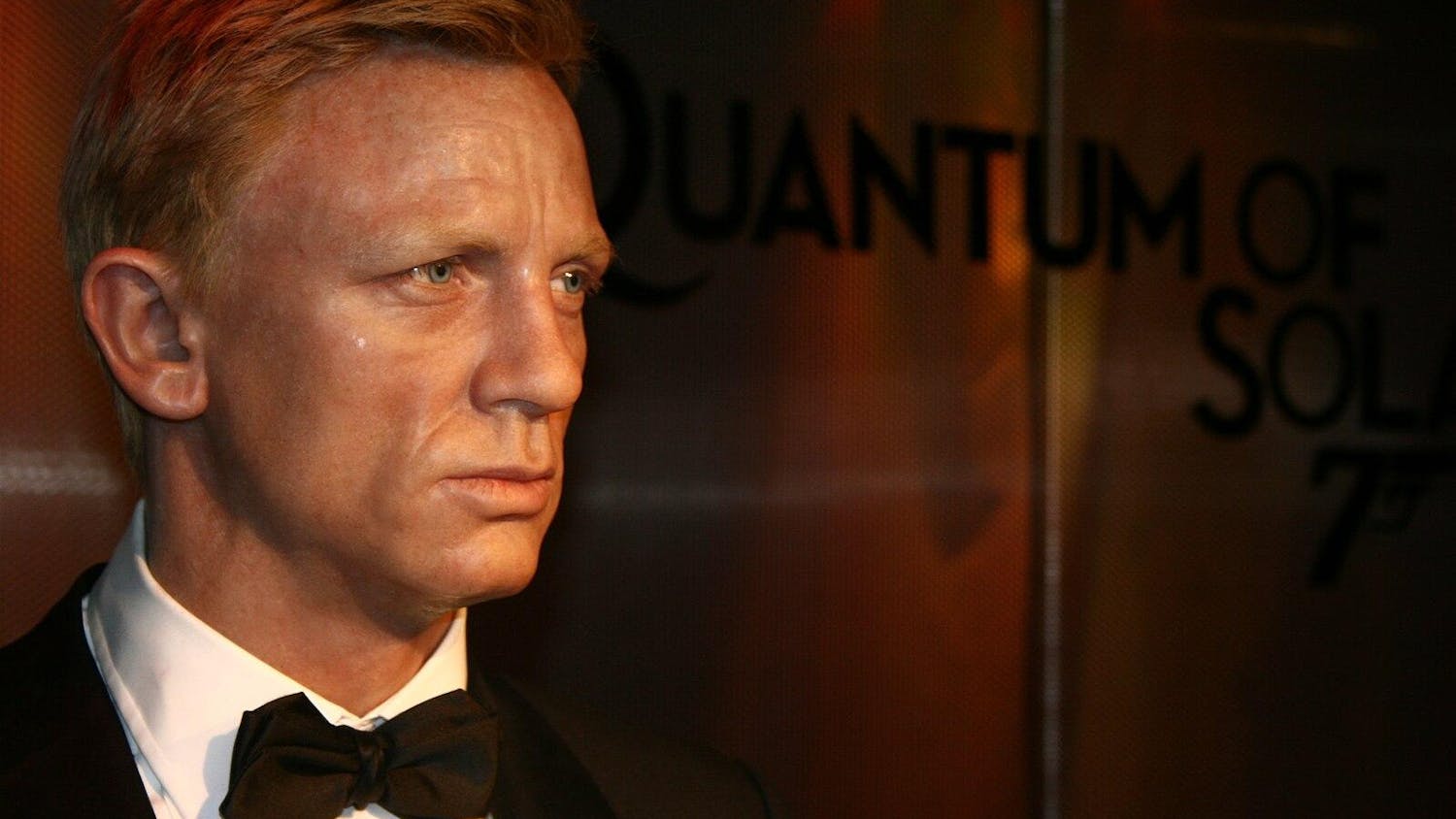The director of "American Beauty" (1999) has once again successfully crafted a movie about disillusioned suburbia. "Revolutionary Road" never falls into its predecessor's shadow, and its disintegrating couple, the reunited Leonardo DiCaprio and Kate Winslet, perform their roles with stunning artistry.
Make no mistake about it; "Revolutionary Road" is a tragic, depressing movie. Based on the 1961 novel by Richard Yates (which Kurt Vonnegut called "one of the best books by a member of [my] generation"), it tells the story of Frank (played by DiCaprio) and April Wheeler (Winslet). These self-confident suburbanites believe they are destined for great things. Their dreams are deferred, however, while Frank works the same monotonous job as his father, and April fails to become a half-decent actress. In desperation, they craft a final plan to save both their marriage and themselves. Both April and Frank have fallen into their own private traps, and this movie examines just how difficult it is to escape.
In one of her most powerful performances to date, Winslet plays a woman unable to achieve her dreams, stuck in a terrible marriage and denied the freedom to change anything about her situation. It is a testament to Winslet's ability as an actress that she can perfectly capture the concerns of feminism and show its modern-day relevance. When Cecile Richards, president of Planned Parenthood, came to Tufts, she gave a nod to this movie for that very reason.
Winslet has the most nuanced role in the movie. In one of the most chilling scenes, April and Frank have a seemingly everyday conversation that lingers in viewers' minds long after the final images fade away. Perfectly composed, Winslet hides her anger and frustration behind the couple's light chatter. She has a strength few contemporary American actresses can match.
DiCaprio gives a similarly fantastic performance. He plays a man who feels the need to constantly run from the knowledge of his mundane existence, even when his running draws him further into the life he hates. DiCaprio moves from suave confidence to blustering masculine rage with ease. His eyes capture the self-hatred and hopelessness within, even as he denies there anything is wrong.
One standout performance in this cast of giants is Michael Shannon's portrayal of John Givings, a mathematician committed to an insane asylum. Givings speaks like a lucid prophet against the American brand of loneliness that the Wheelers face, and his ability to strip away everyone's social facades in order to view the truth of their problems is both exhilarating and terrifying to behold. In the hands of a lesser actor, this part would fall flat next to the strong performances of DiCaprio and Winslet, but for his performance, Shannon absolutely deserves the Best Supporting Actor Oscar for which he was nominated. The combination of Shannon, DiCaprio and Winslet make for an unforgettable film.
But acting cannot wholly account for the success of "Revolutionary Road." Credit must also be given to the director, Sam Mendes. He chose to give the entire movie a soft, artistic lighting, making every shot look like a painting. As the on-screen glamour clashes with the horror of the dissolving relationship, the audience, like the Wheelers, is trapped between the veneer of a perfect life in suburbia and the underlying reality of loneliness and disappointment of its inhabitants. Instead of distracting viewers from the film's characters, Mendes' scenery enhances his film.
There is something profoundly unsettling about "Revolutionary Road." This is a movie that examines human hopelessness and does not find easy answers. It has the power to genuinely disturb the audience in a way few movies can.





